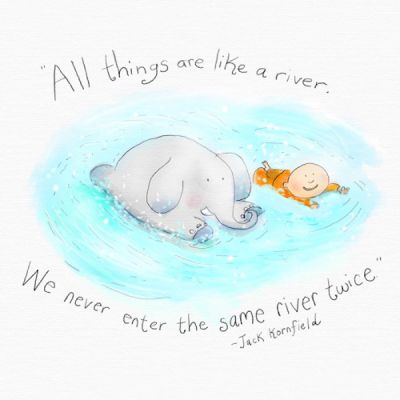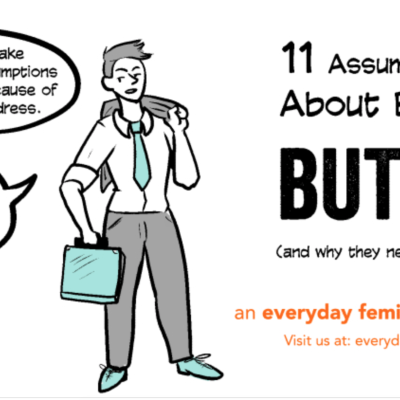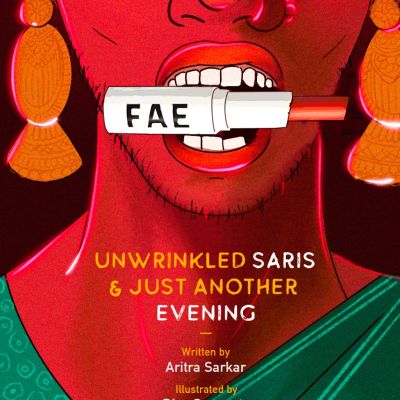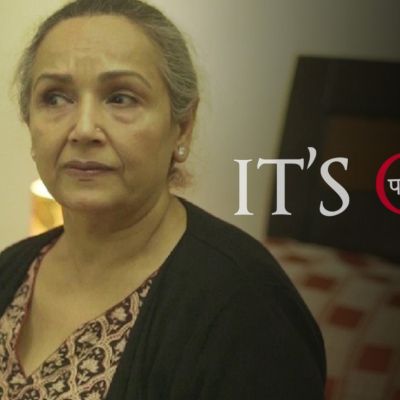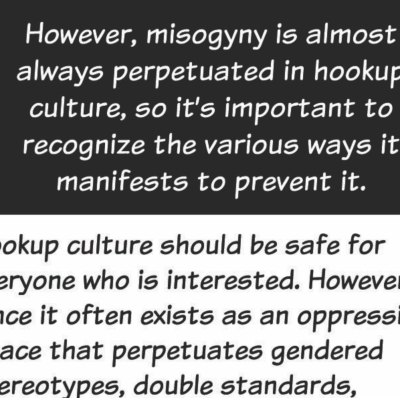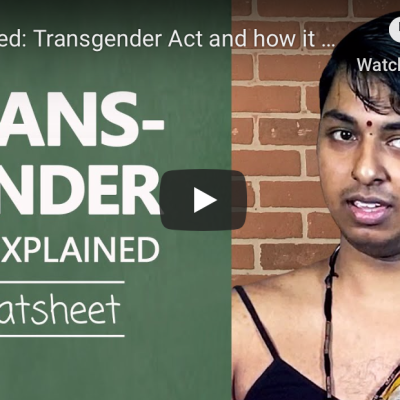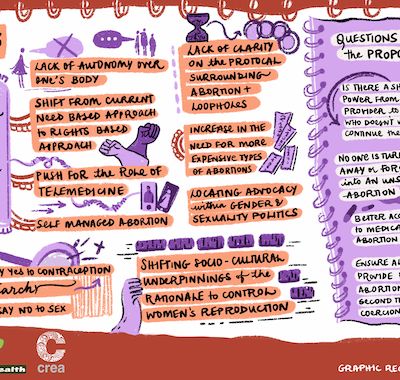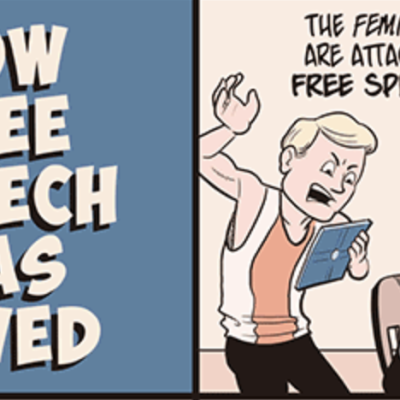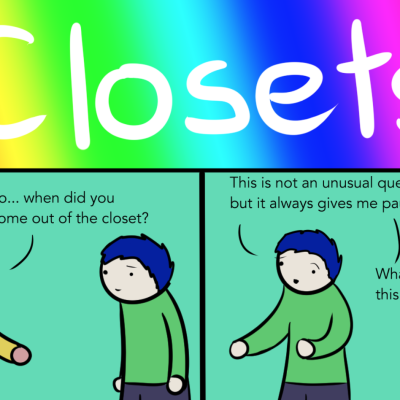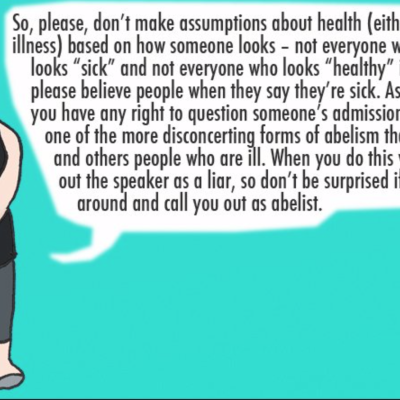Visual Corner
We found these heart-warming doodles that are dedicated to staying conscious of things that matter for our personal well-being and our relationships with others but that we tend to lose touch with from time to time.
The misconceptions associated with the varied manifestations of femininity can be exceedingly deleterious and reinforce gender roles, traditional patriarchal ideas, and stereotypes related to bodies, expressions and the way we experience our sexual and romantic relationships.
I am not like other girls”, “I don’t like hanging out with girls that much”, “She is being very irrational today, I think it’s that time of the month”, are some common statements that you may have heard or even made yourself.
In a society ruled by heteronormative patriarchal structures, expressing one’s gender or sexuality outside the trimmings of what is socially acceptable is an act of resistance.
The film begins with the mother’s dilemma around her daughter’s refusal to be ‘normal’ and marry a ‘decent boy’. As the story unfolds, we see the mother invite a ‘suitable boy’ for dinner on the same evening as the daughter’s partner is coming home to meet the family.
While navigating hook-up culture, we may exercise our agency to express our sexuality but at the same time, may face risks to our safety and bodily integrity as well as obstacles engendered by misogyny, rape culture, heteronormativity, and double standards.
Shilpa Phadke reminds us that we have the right to choose to take risks and the responsibility to respect difference so that we can re-imagine public spaces, feel a sense of belongingness in them, and have them belong to everyone.
Trans rights activist Kanmani Ray succinctly lays down the concerns around the Act, points out how its language reinforces the gender binary and highlights the fact that while seeking to protect the rights of trans people, the Act in fact discriminates against them.
The graphic representations of a three-part webinar series organised by Common Health and CREA address these questions and attempt to build an understanding of the decriminalisation of abortion and how it could ensure access to safe, affordable, timely and rights-based services.
Originally published in Everyday Feminism: Here is how Anti- Feminist Trolls would ‘Save’ Free Speech In an increasingly digital world,…
Faraz Ansari’s short film Sisak weaves an unspoken romantic narrative between two strangers who meet on a Mumbai local. The…
Robot Hugs, in their insightful comic, take on closets as inherently oppressive structures built to uphold what is acceptable and…
Stand-up comedian Sumukhi Suresh’s video I Run When my Mom Calls, part of her performance Don’t Tell Amma, is a…
What makes a family? In the month of May, we celebrated Mother’s Day on the 10th and the International Day…
We often look at people and, based on their appearance, assume that they are ‘healthy’ or not. Here is an…

